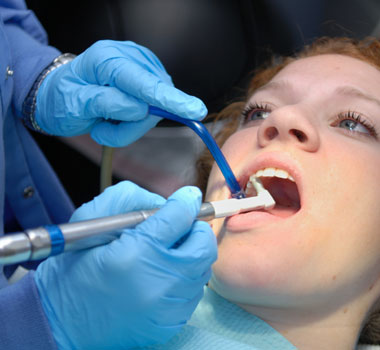
In our eat-and-run, massive-portion-sized culture, maintaining a healthy weight can be tough—and losing weight, even tougher. If you’ve tried and failed to lose weight before, you may believe that diets don’t work for you. You’re probably right: traditional diets don’t work—at least not in the long term. However, there are plenty of small but powerful ways to avoid common dieting pitfalls, achieve lasting weight loss success, and develop a healthier relationship with food.
The key to successful, healthy weight loss
Your weight is a balancing act, but the equation is simple: If you eat more calories than you burn, you gain weight. And if you eat fewer calories than you burn, you lose weight.
Since 3,500 calories equals about one pound of fat, if you cut 500 calories from your typical diet each day, you’ll lose approximately one pound a week (500 calories x 7 days = 3,500 calories). Simple, right? Then why is weight loss so hard?
All too often, we make weight loss much more difficult than it needs to be with extreme diets that leave us cranky and starving, unhealthy lifestyle choices that undermine our dieting efforts, and emotional eating habits that stop us before we get started. But there’s a better way! You can lose weight without feeling miserable. By making smart choices every day, you can develop new eating habits and preferences that will leave you feeling satisfied—and winning the battle of the bulge.
Getting started with healthy weight loss
While there is no “one size fits all” solution to permanent healthy weight loss, the following guidelines are a great place to start:
Think lifestyle change, not short-term diet. Permanent weight loss is not something that a “quick-fix” diet can achieve. Instead, think about weight loss as a permanent lifestyle change—a commitment to your health for life. Various popular diets can help jumpstart your weight loss, but permanent changes in your lifestyle and food choices are what will work in the long run.
Find a cheering section. Social support means a lot. Programs like Jenny Craig and Weight Watchers use group support to impact weight loss and lifelong healthy eating. Seek out support—whether in the form of family, friends, or a support group—to get the encouragement you need.
Slow and steady wins the race. Aim to lose one to two pounds a week to ensure healthy weight loss. Losing weight too fast can take a toll on your mind and body, making you feel sluggish, drained, and sick. When you drop a lot of weight quickly, you’re actually losing mostly water and muscle, rather than fat.
Set goals to keep you motivated. Short-term goals, like wanting to fit into a bikini for the summer, usually don’t work as well as wanting to feel more confident or become healthier for your children’s sakes. When frustration and temptation strike, concentrate on the many benefits you will reap from being healthier and leaner.
Use tools that help you track your progress. Keep a food journal and weigh yourself regularly, keeping track of each pound and inch you lose. By keeping track of your weight loss efforts, you’ll see the results in black and white, which will help you stay motivated.
Keep in mind it may take some experimenting to find the right diet for your individual body. It’s important that you feel satisfied so that you can stick with it on a long-term basis. If one diet plan doesn’t work, then try another one. There are many ways to lose weight. The key is to find what works for you.
Source: help guide










